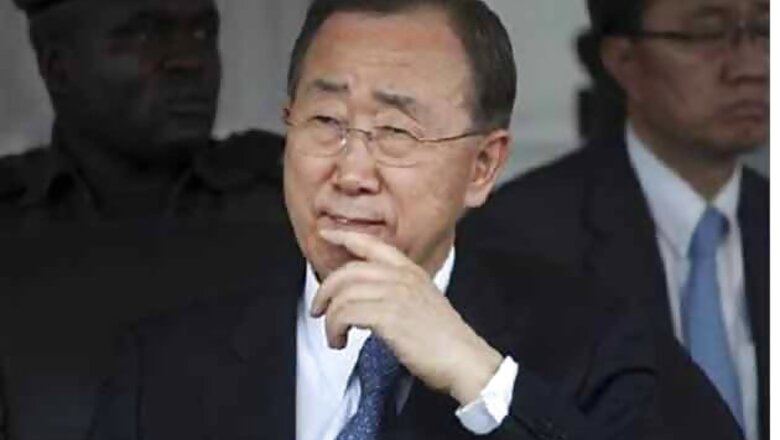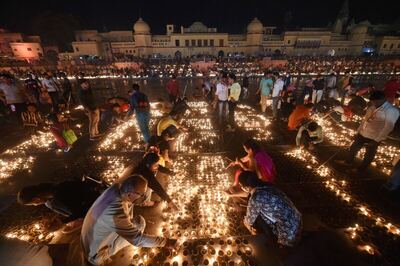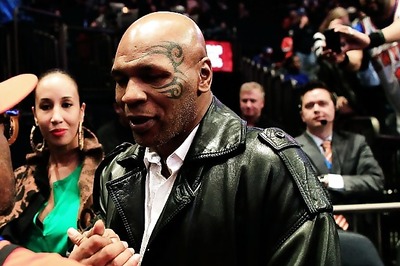
views
Washington: The presidents of three Ebola-stricken West African nations sought an immediate outpouring of money, doctors and hospital beds, and representatives nations gathered at a World Bank meeting promised to send more aid quickly, including a pledge of medical evacuations for health care responders who catch the virus.
"Our people are dying," said President Ernst Bai Koroma, speaking by video from Sierra Leone to an Ebola summit at the annual meeting of the International Monetary Fund and World Bank in Washington.
He described devastating effects of "this evil virus" children made orphans, doctors and nurses killed, an overwhelmed medical system that can't keep up with the need.
The world's response hasn't kept pace with the spread of Ebola, Koroma said, and "a tragedy unforeseen in modern times" is threatening everyone.
United Nations Secretary-General Ban Ki-Moon called for a 20-fold surge in international aid to fight Ebola.
"For those who have yet to pledge, I say please do so soon," he said. "This is an unforgiving disease."
At the meeting here, President Alpha Conde of Guinea made an urgent plea for money, supplies, medicine, equipment and training of health care workers.
"Our countries are in a very fragile situation," Conde said through a translator. President Ellen Johnson Sirleaf of Liberia also appeared by video conference to seek a rapid increase in aid.
World Bank President Jim Yong Kim endorsed pledges from the United States and United Nations to guarantee medical evacuations for health care workers responding to the crisis, an effort to ensure that enough doctors and nurses are willing to risk their lives to help stop the disease. No details were given at the meeting.
Kim also said that more hospitals and local health centers must be built quickly to ensure that West Africans have faith that they can get the care they need in their own community, and no longer fear that Ebola centers are places that people go to in order to die.
Kim, a doctor who formerly led the World Health Organization's global AIDS treatment program, said studies of past disease outbreaks, such as the SARS virus, show that 80 per cent to 90 per cent of the economic impact comes from "the fear factor that surrounds the outbreak.

















Comments
0 comment